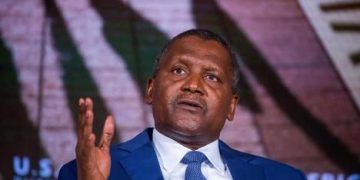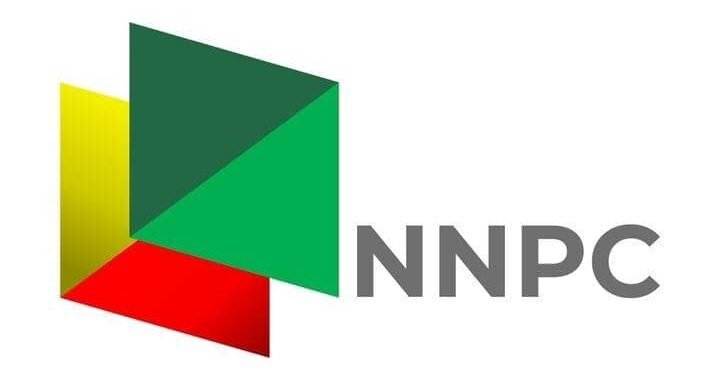In a decisive move aimed at tackling the rampant smuggling of petroleum products, Heineken Lokpobiri, the Minister of State for Petroleum Resources, has mandated that the Nigerian National Petroleum Company Limited (NNPCL) must now sell petrol at prices exceeding the current landing cost of N1,117 per litre. This directive is designed to address the persistent issue of smuggling, which has been exacerbated by significant price disparities between Nigeria and its neighboring countries.
Lokpobiri’s directive, announced in Abuja, comes in response to increasing concerns about the involvement of security agencies in smuggling activities. He emphasized that unless NNPCL adjusts its pricing strategy to reflect costs above the landing price, the practice of smuggling petroleum products across borders would continue unabated. This decision underscores the government’s commitment to addressing the economic and security challenges associated with petroleum product smuggling.
The issue of petrol smuggling has been a longstanding problem for Nigeria, significantly impacting the country’s economy and regulatory framework. The challenge intensified following the federal government’s removal of the petrol subsidy in May 2023. This policy shift led to a dramatic increase in petrol prices from approximately N197 per litre to around N650 per litre. The subsidy removal aimed to address the inefficiencies and financial burdens associated with the subsidized fuel prices, but it also inadvertently created a lucrative opportunity for smuggling due to the stark contrast between domestic and international fuel prices.
Currently, petrol is sold at an average price of N701.99 per litre within Nigeria. In contrast, the same product is significantly more expensive in neighboring countries: N1,672.05 in the Republic of Benin and N2,061.55 in Cameroon. The price of petrol in other regional countries also reflects this disparity, with prices ranging from N1,427.68 in Liberia to N2,128.20 in Mali, averaging N1,787.57. These price differences have created a considerable profit incentive for smugglers who exploit the price gap to conduct their operations.
In an effort to combat this issue, the Group Chief Executive Officer of NNPCL, Mele Kyari, recently met with Bashir Adewale Adeniyi, the Comptroller General of the Nigeria Customs Service (NCS). The meeting focused on assessing the impact of the NCS’s “Operation Whirlwind,” an initiative aimed at reducing the smuggling of Premium Motor Spirit (PMS) across Nigeria’s border communities. Kyari reported a notable decrease in the evacuation of PMS to border states, from 32 million litres per day to approximately 25 million litres over a span of two months. This reduction highlights the effectiveness of targeted enforcement actions, but it also underscores the need for continued vigilance and strategic adjustments.
Lokpobiri’s latest directive is expected to play a crucial role in addressing the smuggling challenge. By ensuring that NNPCL sells petrol at prices above the landing cost, the government aims to close the profit margin that has driven the smuggling trade. This approach seeks to make smuggling operations less financially attractive, thereby reducing the incentive for illegal cross-border activities.
The government’s move to implement this pricing strategy aligns with broader efforts to stabilize the petroleum sector and curb illegal activities. It reflects a proactive stance in addressing the economic and security implications of petroleum product smuggling. As the government continues to refine its strategies and collaborate with various agencies, the success of these initiatives will be critical in shaping the future dynamics of Nigeria’s petroleum sector.
Heineken Lokpobiri’s directive to sell petrol above the landing cost represents a significant policy shift aimed at curbing smuggling and addressing the economic distortions caused by price disparities. This measure, combined with ongoing enforcement actions and strategic adjustments, is expected to contribute to a more stable and secure petroleum market in Nigeria. As the situation evolves, ongoing monitoring and adaptation of strategies will be essential in achieving long-term success in mitigating the challenges associated with petroleum product smuggling.




















































